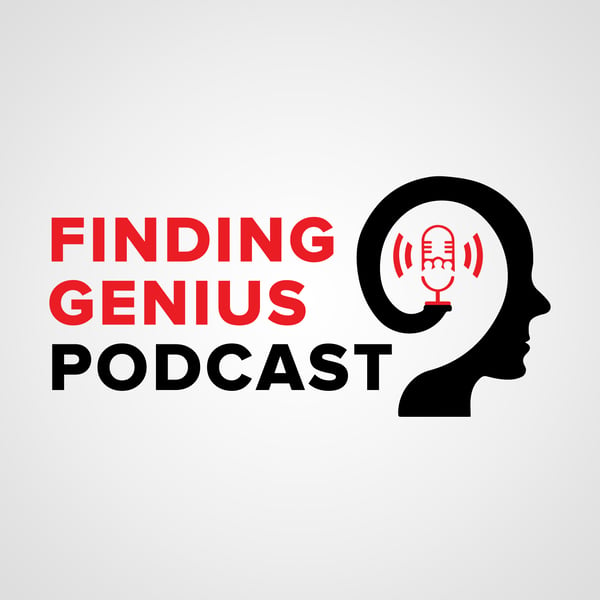How Your Home Can Affect Your Health—Stephen Collette—Your Healthy House
Finding Genius Podcast
Richard Jacobs
4.4 • 1K Ratings
🗓️ 8 August 2019
⏱️ 31 minutes
🧾️ Download transcript
Summary
Stephen Collette is a building biologist; what’s building biology, you wonder? It’s a German school of thought that considers built environments and how they interact with and impact occupant and environment health. The field arose post-World War II, when as a result of widespread destruction from the war, the Germans found themselves having to build a lot of homes in a short period of time. This led to the creation of neighborhoods of poorly constructed homes that eventually became associated with a number of illnesses in the 1960s.
Today, this problem still exists, and according to Stephen Collette, some of the biggest concerns are found in the homeowner market. When on the market to purchase a home, most people are focused on details such as the colors of the walls, the carpets, and updated appliances, but not nearly as many consider the fundamental aspects of the building itself, such as whether there is the potential for water to leak into the basement, whether there are new chemicals off-gassing through the space, or whether there are phone towers nearby. “We don’t really take into consideration the fact that although our homes are our castles, they can in fact also make us really sick,” says Collette.
He joins the podcast today to discuss what he does as a building biologist, building scientist, and environmental consultant focusing primarily on residential buildings. He also discusses how buildings work and how they catastrophically fail, indoor air quality concerns, mechanical ventilation in modern homes, and how he leads clients to develop greater understandings of their homes and their health. Learn more by visiting http://www.yourhealthyhouse.ca/.
Transcript
Click on a timestamp to play from that location
| 0:00.0 | You're listening to the Future Tech Podcast with Richard Jacobs. |
| 0:09.0 | Future Technologies such as Artificial Intelligence, |
| 0:11.8 | Stem Cells, 3D printing, gene editing, |
| 0:14.6 | Bitcoin, blockchain, the microbiome, quantum computing, virtual reality, and exploring space |
| 0:21.0 | are much closer than you might think. |
| 0:23.0 | In fact, many early versions of these technologies are in play right now, |
| 0:27.0 | and the companies that are using these technologies are the focus of this podcast. |
| 0:31.0 | My goal for you, the listener, is to learn from these |
| 0:34.4 | podcasts. You may very well learn something that may change the course of your life |
| 0:38.2 | for the better, steer you towards a new career, or give you insight into |
| 0:42.4 | addressing a thorny medical problem. |
| 0:44.6 | Remember, this podcast and its content is informational and nature only. |
| 0:48.6 | No medical, tax, legal, financial, or psychological advice is being given. |
| 0:53.0 | If you've enjoyed the podcast, please listen, subscribe, like, and tell your friends about it. |
| 0:58.0 | Thank you. Hello, this is Richard Jacobs for the Future Tech and Future Tech health |
| 1:08.4 | podcast. I have Stephen Colette from your Healthy House and the website is your Healthy House. And the website is your Healthy House. |
| 1:14.2 | C.A. |
| 1:15.6 | Steve's passionate about buildings. |
| 1:17.3 | We're gonna talk about how buildings work |
| 1:20.0 | and all the details are involved with them. |
| 1:22.2 | So good to meet you, Steve. |
| 1:23.7 | Thanks for being here. |
... |
Please login to see the full transcript.
Disclaimer: The podcast and artwork embedded on this page are from Richard Jacobs, and are the property of its owner and not affiliated with or endorsed by Tapesearch.
Generated transcripts are the property of Richard Jacobs and are distributed freely under the Fair Use doctrine. Transcripts generated by Tapesearch are not guaranteed to be accurate.
Copyright © Tapesearch 2025.

